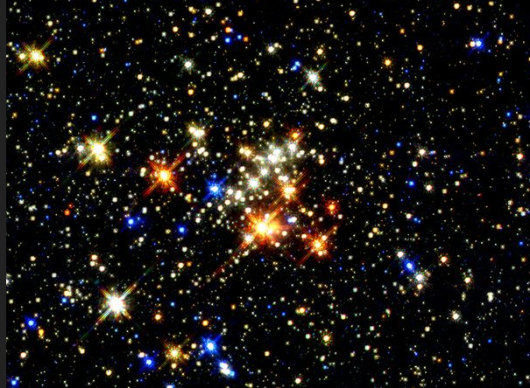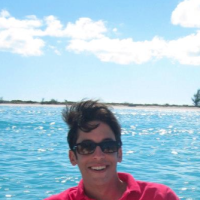SEEING STARS ANEW

My favorite health benefit of smoking cigars is the opportunity they offer simply to think. A few nights ago, I mulled over Paul’s recent blog on love and home with a Cusano 18 under the stars. The meditation on gratitude, trust, and starlight brought to mind one of my favorite Robert Frost poems, A Question:
A voice said, Look me in the stars
And tell me truly, men of earth,
If all the soul and body scars
Were not too much to pay for birth.
The short poem poses a fundamental problem: A Question, it turns out, is not a question at all. Rather, it’s a command. Before considering whether it’s better to be or not to be, a voice demands that we look the universe square in the eyes, that we behold the stars.
Frost refuses even to call the voice—presumably that of God—by name. Perhaps he avoids the name because, according at least to the ontological argument, the reader’s answer to the eponymous question determines whether God exists at all.
Is the poem a call for readers to reflect on their own lives, to each his own? Is it a sardonic musing on a tedious terrestrial existence, akin to asking, who would fardels bear, to grunt and sweat under a weary life? Or is the answer to A Question self-evident, our mortal hardship cosmically trivial?
Frost’s stellar scene and my own smoky surroundings then brought to mind the divine poet, Dante. One need read only a few of Frost’s most famous poems to recognize the Florentine pilgrim’s influence on the New England poet: the presentation of hatred in Fire and Ice, the nine line form of which mirrors Dante’s nine circles of Hell; the terza rima of Acquainted with the Night; the woods and frozen lake of Stopping by the Woods on a Snowy Evening
My answer seemed to lie in the pilgrim’s journey. Having descended through the depths of Hell, Dante reemerges mounted up again “to rebehold the stars.” Remade from Purgatory, Dante returns “pure and disposed to mount unto the stars.” And most beautifully, as the pilgrim finishes his journey from the gates of hopeless hell to the ultimate brilliance of Paradise, his desire and will are turned as a wheel by “the love that moves the sun and the other stars.”
At last, up on the roof, I thanked my own.
